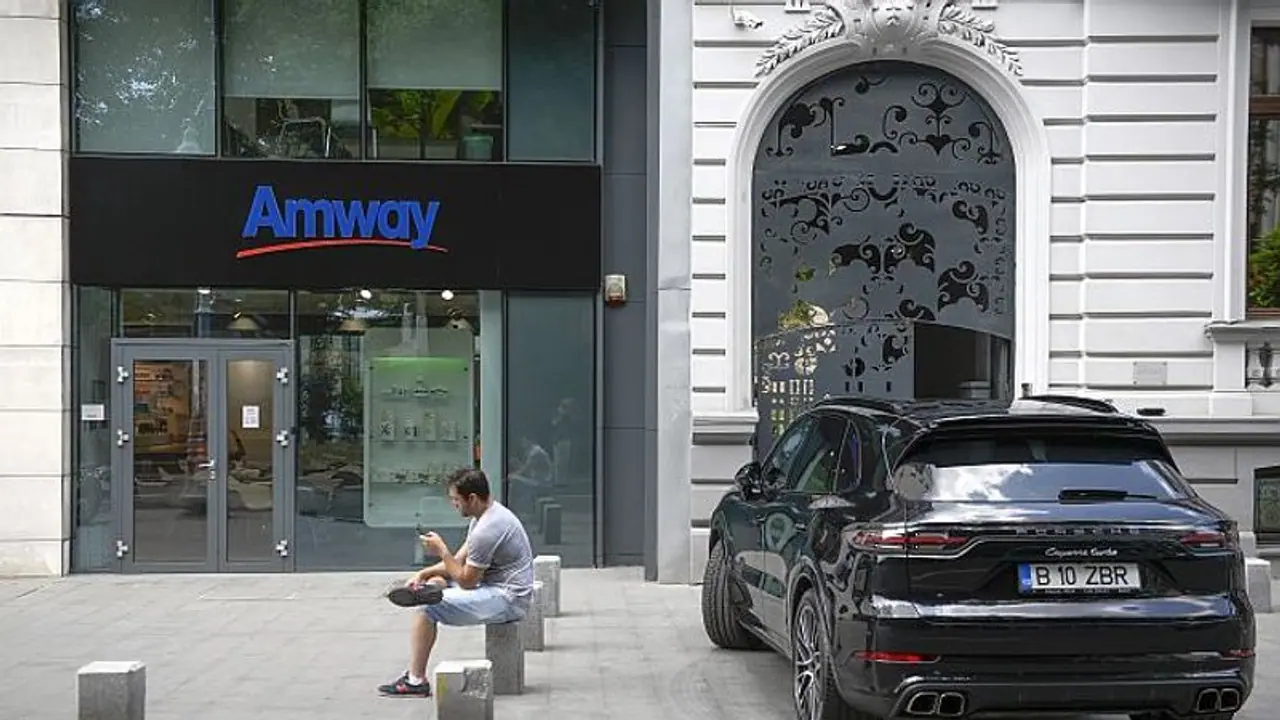The ED claims that Amway India's entire objective was to propagate the membership and not on the products.
As part of its crackdown on money launderers, the financial investigation agency Enforcement Directorate has attached assets of the multi-level marketing firm, Amway India, worth Rs 757 crore in connection with a pyramid scam.

The company had been on the radar of the enforcement agency since 2011. However, the firm has maintained that it has been cooperating with the agency in the probe.
Also Read: Amway India in trouble: ED attaches assets worth Rs 757 crore in money laundering case
The firm, which has been accused of running a multi-level marketing scam, was found to be running a pyramid fraud in the guise of direct selling multi-level marketing networks.
What is a pyramid scheme?
It is a fraudulent system of earning money based on recruiting an ever-increasing number of investors. The promoters of the company recruit investors, who in turn recruit more investors. It is called 'pyramid' because, at each and every level, the number of investors rises.
The business model is sketchy and unsustainable. It is illegal in India under the Consumer Protection Rules, 2021.
What do the new norms say about it?
As per the Consumer Protection Rules, 2021, the direct selling companies and sellers have been prohibited to promote a pyramid scheme or registering any individual in such scheme or participating in such arrangement, in any manner whatsoever, in the garb of direct selling business or participating in money circulation scheme in the garb of direct selling business.
The rule says that the direct selling firms and a direct seller shall not induce individuals to make a purchase based upon the representation that they can reduce or recover the price by referring prospective customers to the direct sellers for similar purchases.
What is Amway accused of?
The Finance Ministry's economic intelligence agency found the company was running a pyramid fraud scheme in the guise of direct selling.
The Enforcement Directorate observed that Amway products' prices were exorbitant as compared to the alternative products available in the markets. But the individuals have been buying the high-cost products not to use them but to become rich through membership as has been showcased by the initial investors.
The multi-level marketing firm has collected Rs 27,562 crore from its business operations from 2002-03 to 2021-22.
Out of this, Amway paid a commission of Rs 7,588 crore to its distributors and members in India and abroad during the period.
The agency found that the company's entire objective was to propagate the membership and not on the products.
The Enforcement Directorate said that its promoters organised huge conventions and flaunted their lavish lifestyle, and also used social media platforms to induce investors.
What action has the probe agency taken so far?
The agency has seized property worth Rs 757 crore. The attached assets include its land and factory building in the Dindigul district of Tamil Nadu, machinery, vehicles, bank accounts, and fixed deposits. The company cannot transfer, convert or move these properties.
The total attached properties worth Rs 757.77 crore also includes immovable and movable assets worth Rs 411.83 crore and Rs 345.94 crore as bank balances kept in its 36 bank accounts.
What does Amway India say?
In a statement, the company said: "The action of the authorities is with regards to the investigation dating back to 2011 and since then we have been cooperating with the department and have shared all the information as sought for from time to time since 2011."
"We will continue to cooperate with the relevant government authorities and the law officials towards a fair, legal, and logical conclusion of the outstanding issues," it said.
Why are pyramid schemes risky?
The schemes are not only illegal but are also a waste of money and time.
Since it is entirely reliant on the recruitment of new members to bring in money, the scheme often collapses when the pool of potential recruits dries up or the market gets saturated.
Also Read: Nirmala Sitharaman says money laundering, terror financing biggest concerns around cryptocurrency
